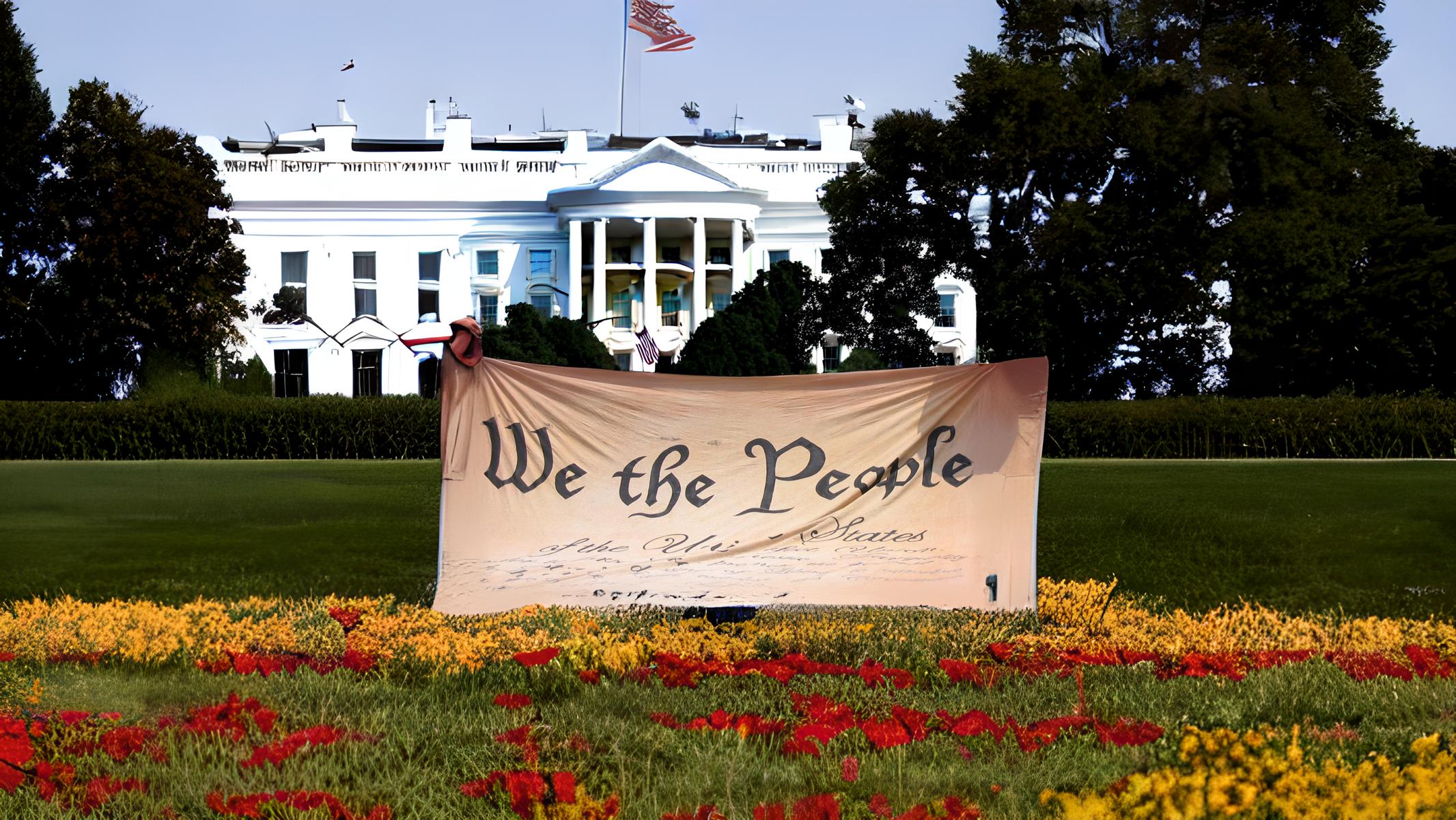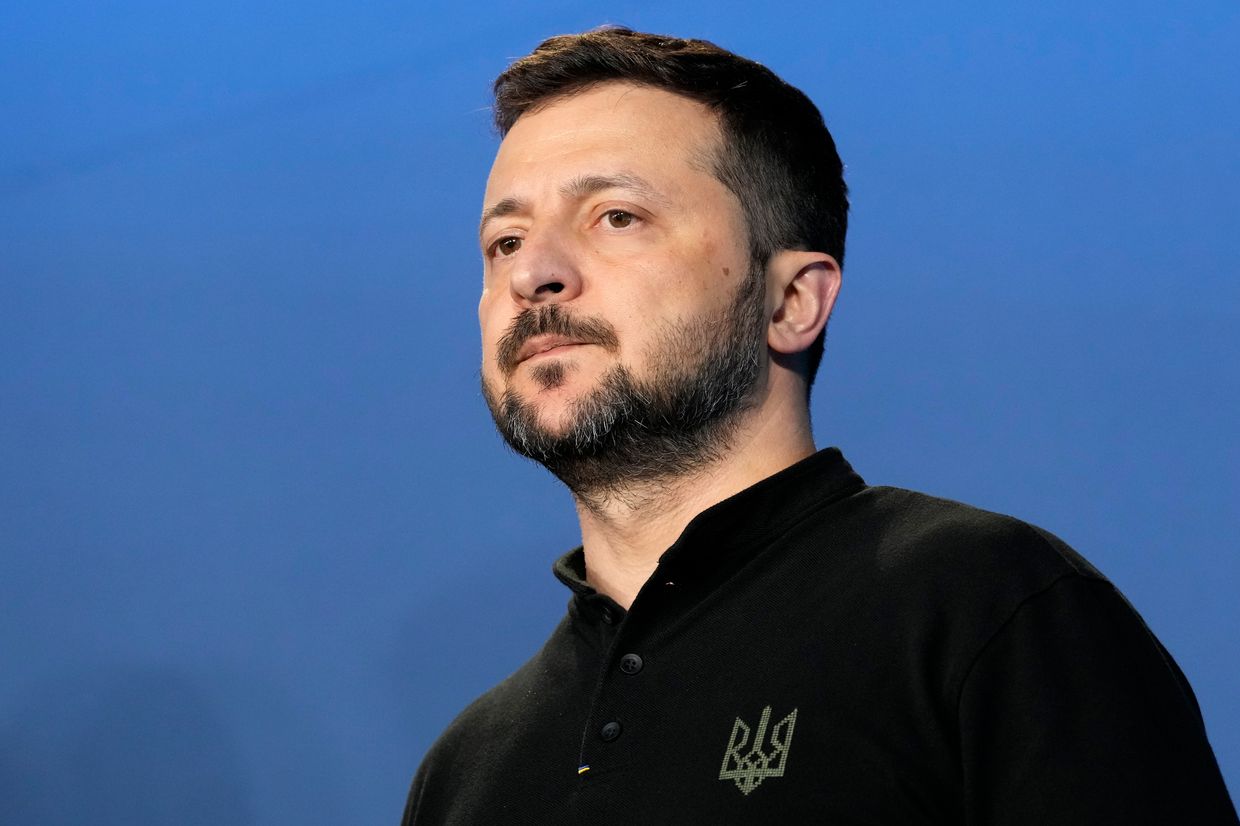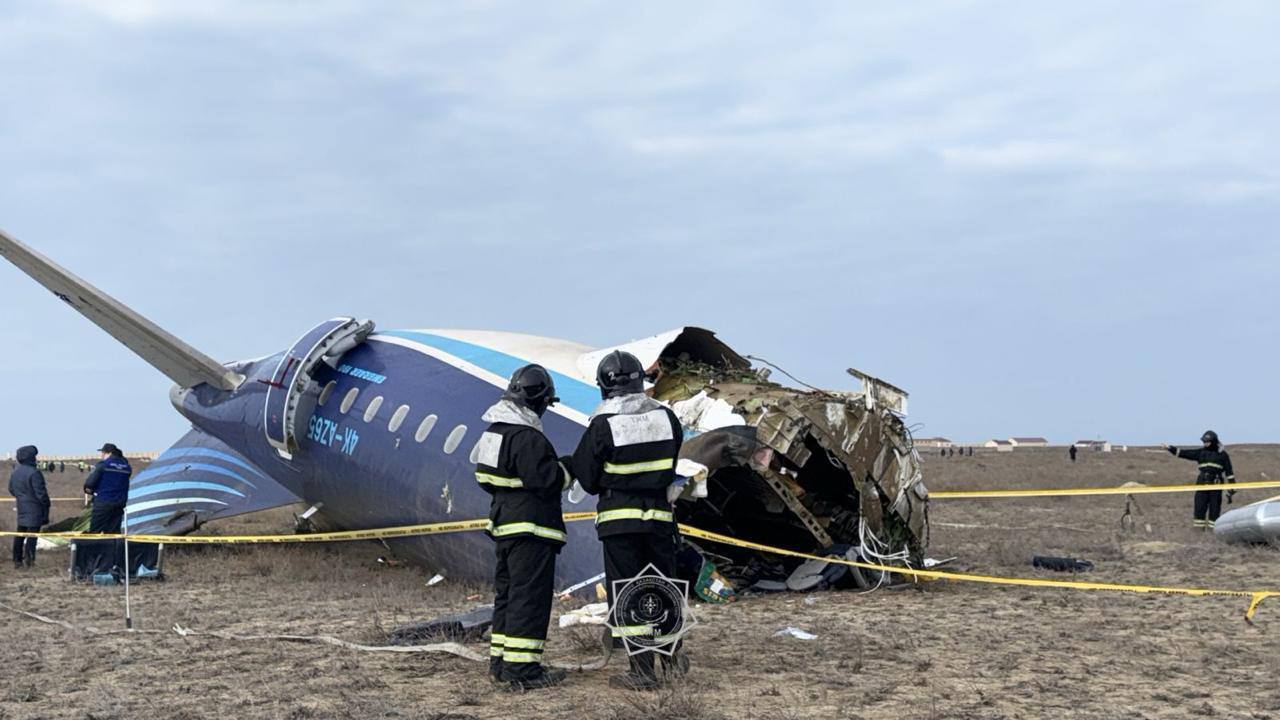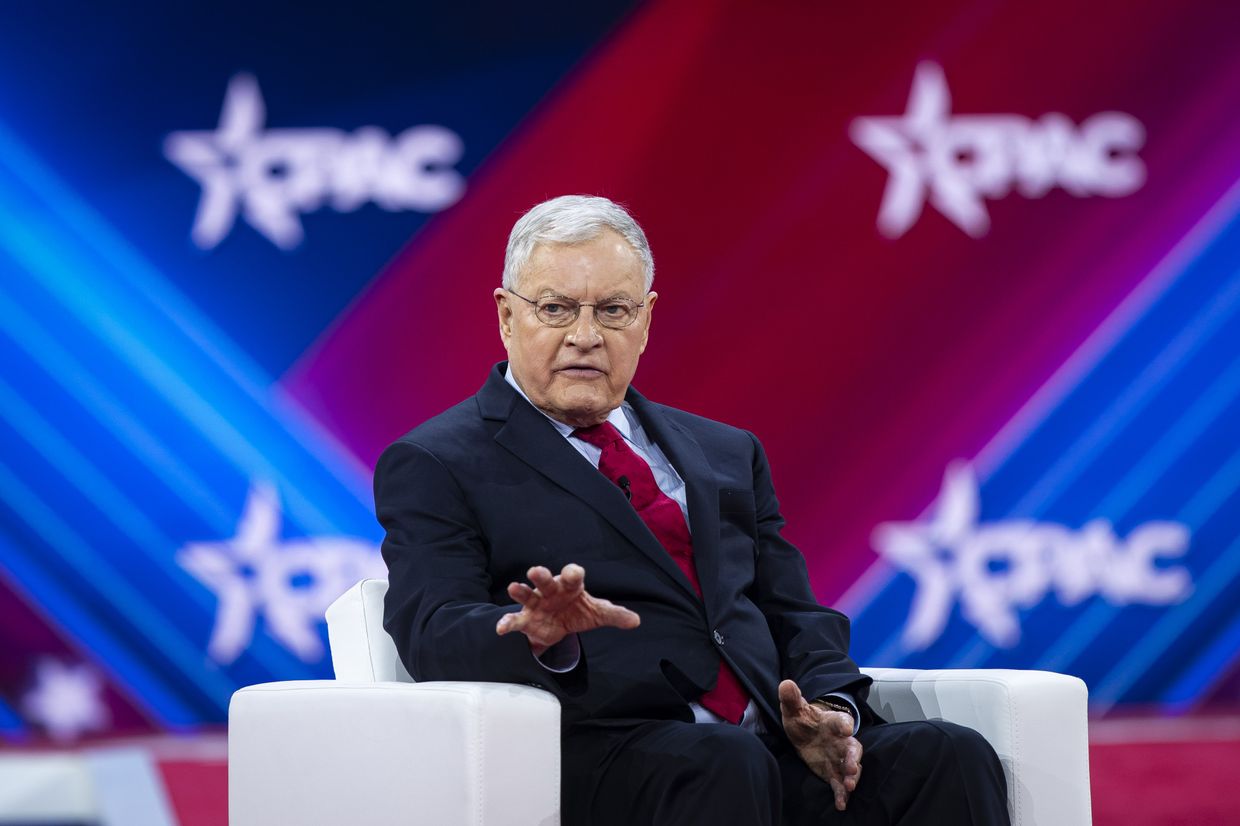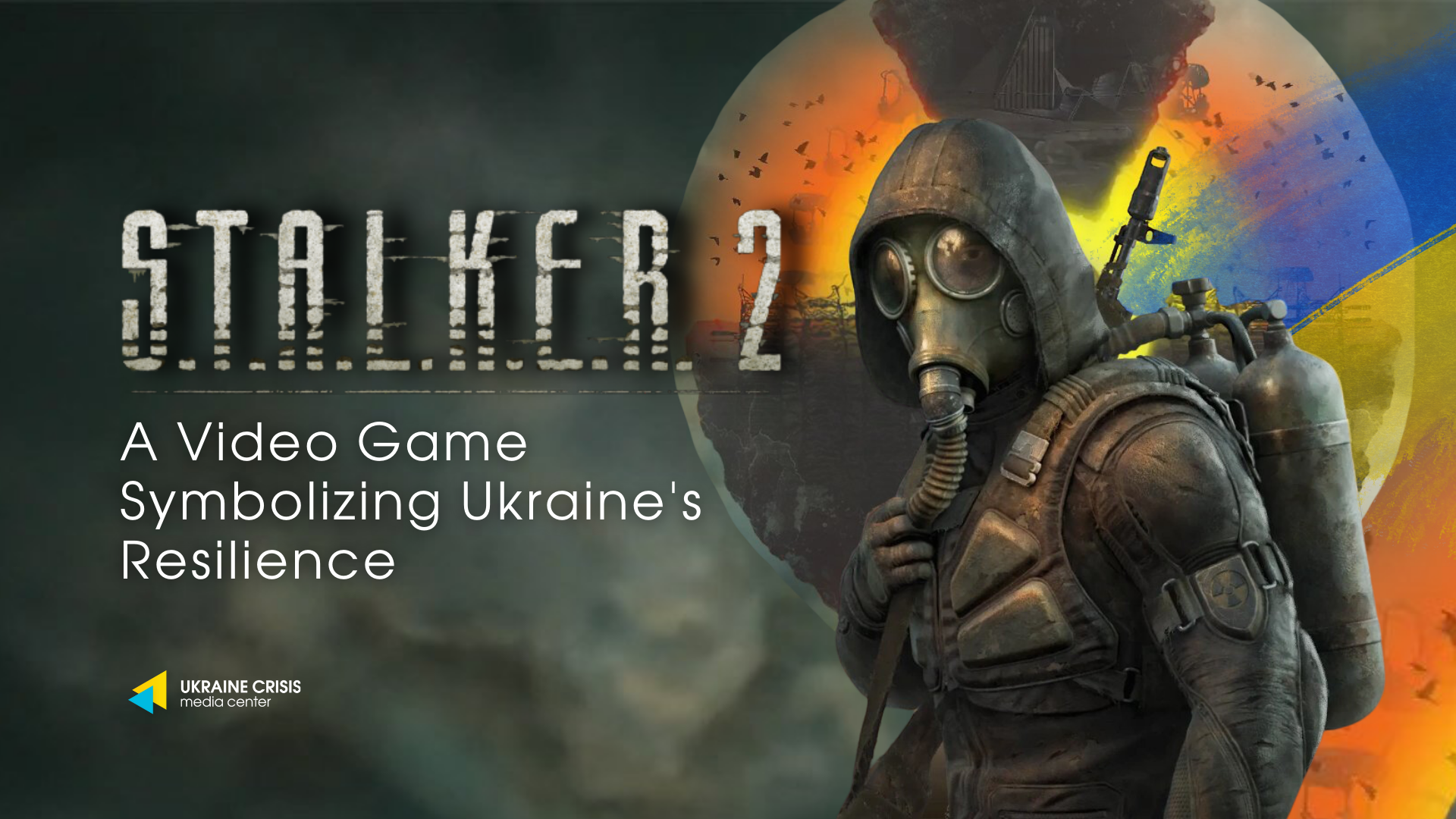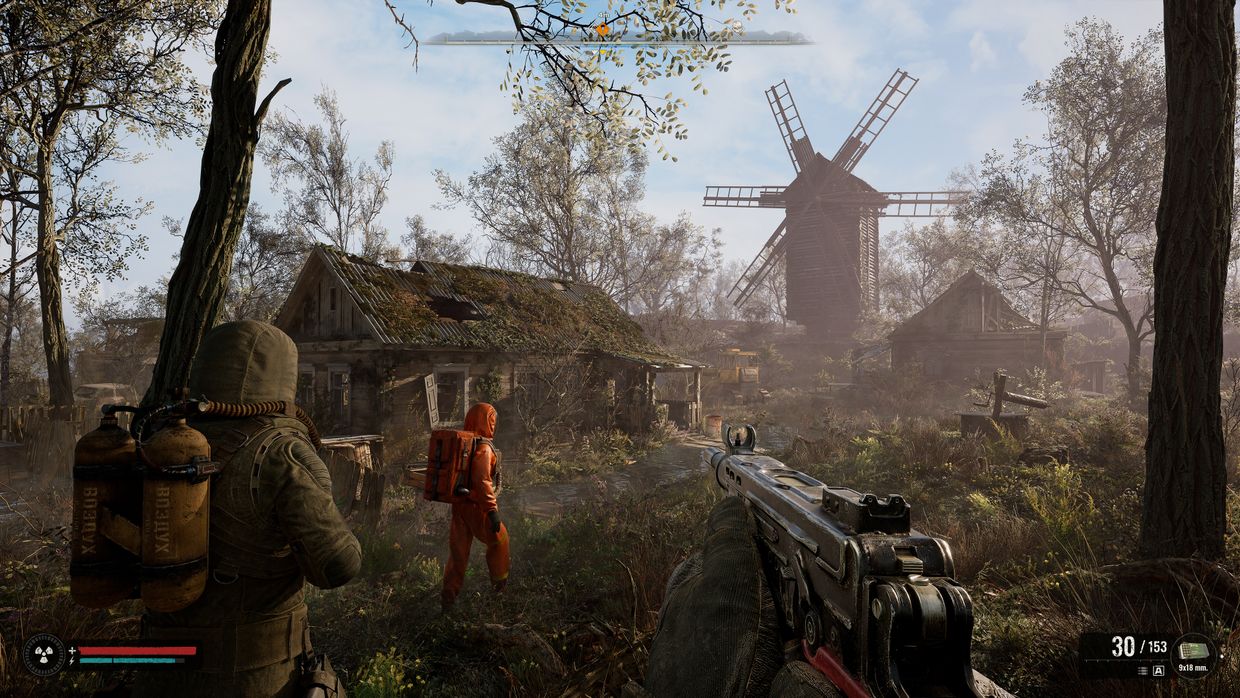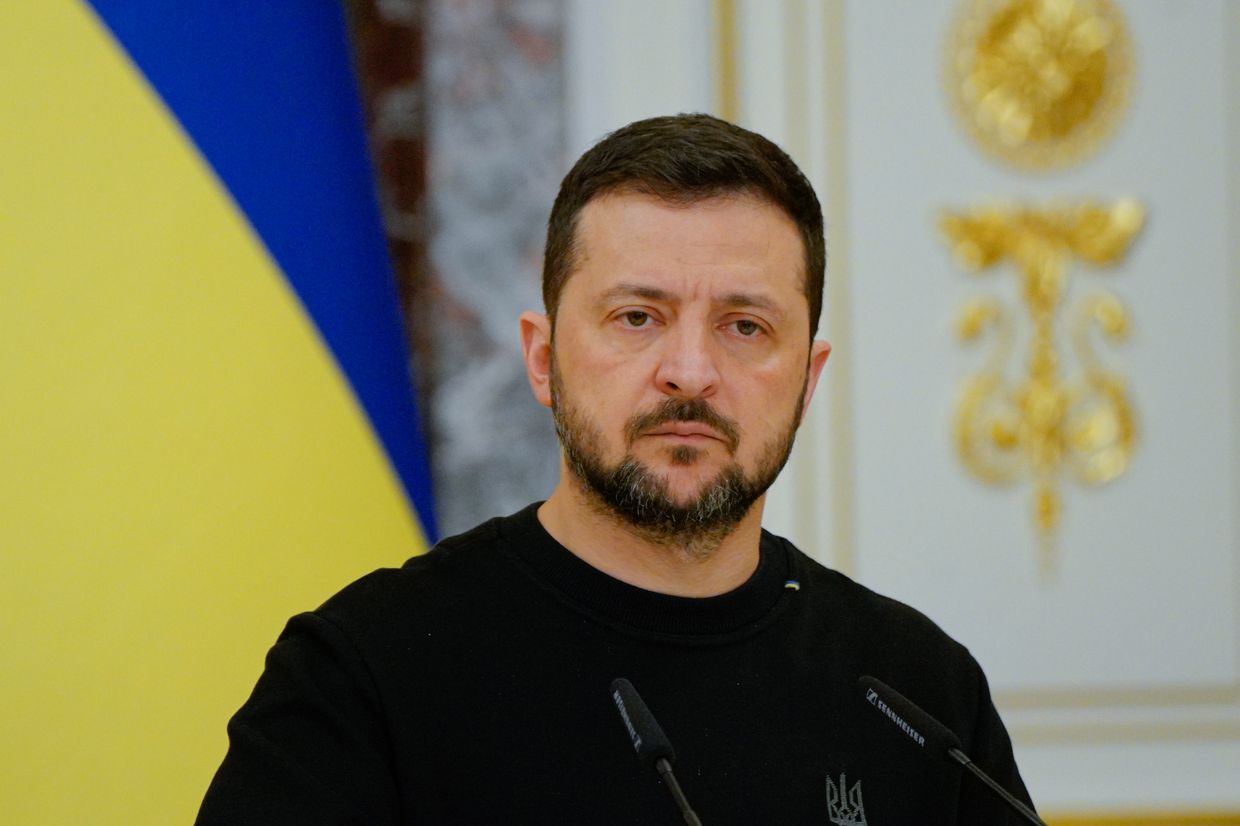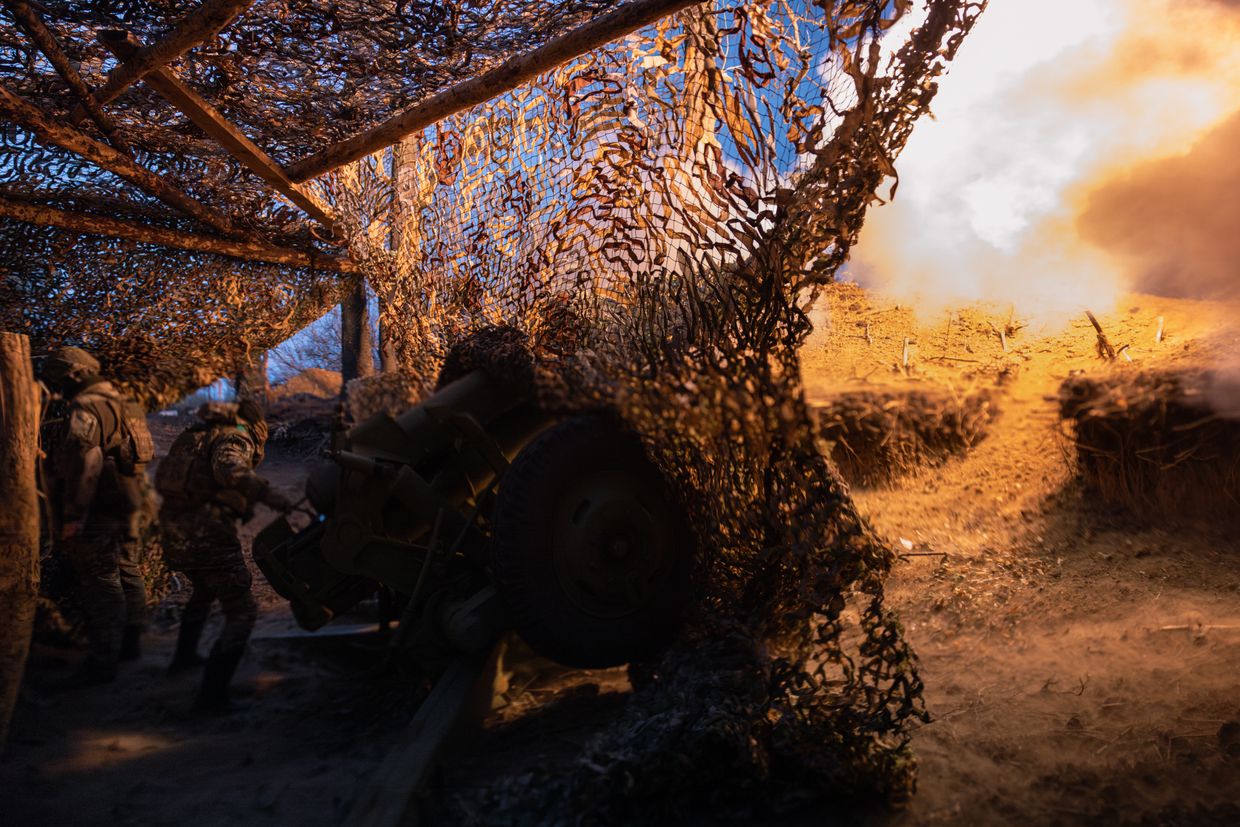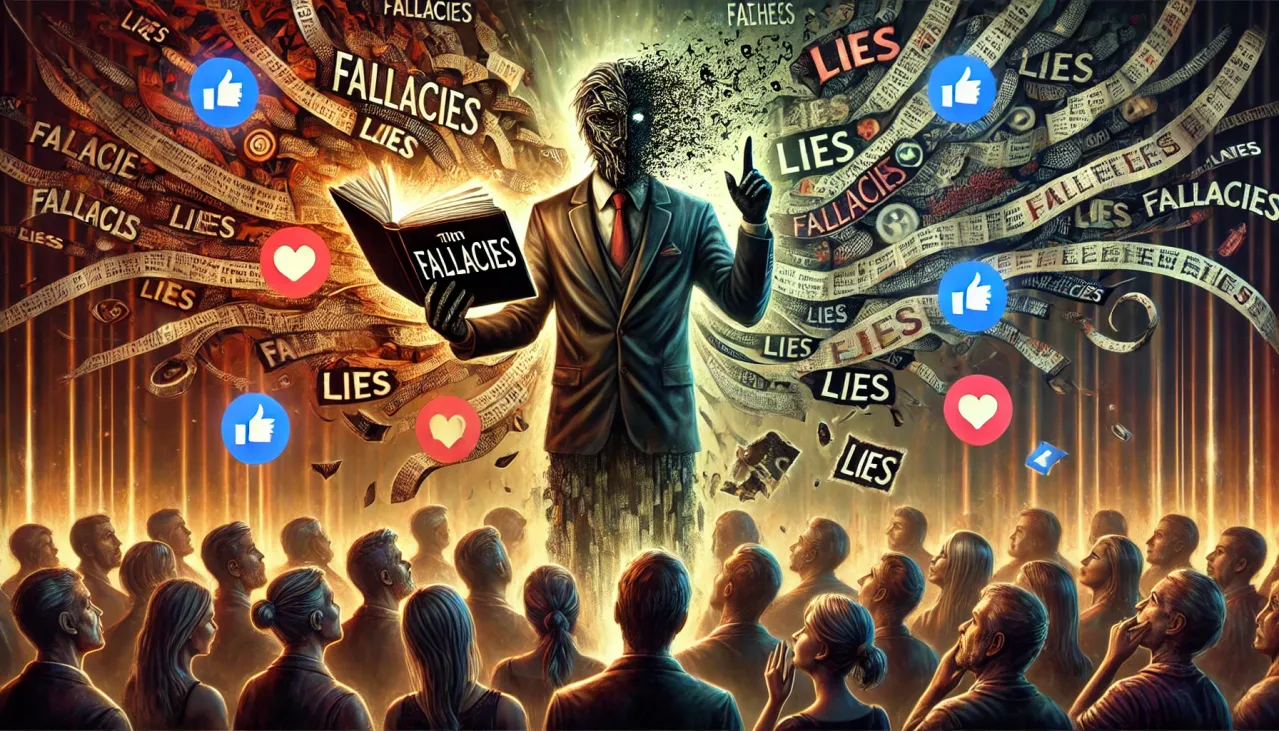A self-declared breakthrough
State media in Belarus and Russia portrayed the 2nd Minsk International Conference on Eurasian Security as holding the keys to a better world without wars, hunger, and social upheavals. They engaged in a metaphorical competition to magnify the event. One state TV report even compared it to the Munich Security Conference, which is among the world’s leading forums on international security policy.
Another report drew parallels between the conference in Minsk and the 1943 Tehran Conference, where leaders of the UK, US, and USSR discussed military cooperation during WWII and the post-war future of Central and Eastern Europe. As the host, Belarus was presented as being the ‘vanguard’ of the historical transformation of the world from an ‘unfair unipolar’ state to a ‘happy multipolar’ one.
The West in disarray, the end of the ‘unipolar world’, the imminent collapse
Belarusian President Alyaksandr Lukashenka addressed the conference, and Belarusian state media parroted the main speaker, Russian Foreign Minister Sergey Lavrov. They portrayed the policies of Western countries as the root causes of virtually all global problems, including wars, hunger, and coups d’état.
Lavrov, in his very long speech, hardened his verbal attacks with strong language like, ‘[T]he US, NATO and their European subjugated vassals just want to spread conflict to the entire Eurasian space or America is just gaining from the war in Ukraine.’ He repeated Russia’s ‘proposals’ for European security made to NATO in December 2021, pushing the narrative that Russia deserves long-term security guarantees and that these should be the starting point of eventual peace talks.
One may ask: where are the security guarantees for Ukraine? See our accounts of Moscow’s ‘proposal’ here and further overviews.
Lukashenka claimed the so-called unipolar world system, allegedly fostered by the West, is coming to an end. ‘For Western money, colour revolutions are organised. Loyal leaders and clear puppets are brought to power in countries that dare to choose their own way.’ He continued: ‘By interfering in other countries’ internal affairs, EU countries are distracting the attention of their populations from their own problems.’ In his speech, Lukashenka called the situation in Germany, France, and Poland ‘fire-dangerous’ and predicted that a civil war in the US is likely.
These claims fit the long-time disinformation narrative about the imminent collapse of Western countries, well known since the Cold War. A state TV report echoed this sentiment, saying that military conflicts across the world are the result of the leading global role of ‘Anglo-Saxons’, and that their alleged dominance, paraphrased as the ‘unipolar world’, is ending with the ‘Ukrainian conflict’. A propaganda programme on Belarusian state TV concluded, ‘Westerners are left with nothing but tears, as their mistakes have inadvertently created a beautiful multipolar system.’
Belarusian state media promoted the false view that most countries align with the Belarusian regime and Russia on issues like the war in Ukraine and global security arrangements. A state TV report claimed, ‘Belarus is advocating for a joint space of trust and cooperation between the West, which is in the minority, and the global majority’. This so-called ‘global majority’ is unified not only by common views on economic and security issues but also by an anti-Nazi ideology aimed at confronting the West’s attempts to rehabilitate Nazism for the war against Russia..
Caring for the ‘global majority’ or the ‘global South’ – really?
The arrival of the ‘global majority’ in Minsk was exemplified by conference participants from over 40 countries, a figure that Belarusian state media repeatedly mentioned. In reality, most participants seemed to attend in a private capacity or as representatives of non-governmental organisations. Officials from only a few countries, including Hungary, Russia, Serbia, and Syria, were present at the conference.
Lavrov’s speech was full of words about a Greater Eurasian Partnership, pleas for collaboration with like-minded organisations and countries in Asia, the Gulf region, ASEAN, SCO, CIS, and the CICA group. He also spoke at length about the Middle East and how great it would have been if Russia could have decided on matters there.
If Moscow (and Lukashenka) feels so much for the ‘global majority’, then the vetoing of the recent UN Security Council resolution on Sudan on 18 November is a mystery. It is a sign of hypocrisy that Russia, as a permanent UNSC member, vetoed a resolution calling for a ceasefire and better conditions for the millions of civilians affected.
Russia’s behavior during the recent UN 79th General Assembly (UNGA) is also telling, especially the attempts to obstruct the Pact for the Future, which was finally adopted. The pact lists 56 actions including commitments to multilateralism, the UN Charter, peacekeeping, reform of the UN Security Council, adjustment of the international financial system in favour of the so-called Global South. The actions should also address climate change and promote disarmament.
The Russian obstructionism in UNGA was wrapped in a thin veil called ‘principle of non-interference in the internal affairs of states’ but it drew very broad and heavy criticism. The Democratic Republic of the Congo submitted a motion to reject Russia’s position and it was accepted by a majority of 143 states in the UN General Assembly’s 193 member states. Russia’s position was backed only by Belarus, North Korea, Iran, Nicaragua and Syria.
Interestingly, and in comparison with Minsk, Russian and Belarusian state propaganda previously ridiculed and downplayed the Summit on Peace in Ukraine, held in Switzerland on 15-16 June 2024. 110 countries and organizations participate in this process. Heads of state or government and high level delegates from 92 countries gathered in Switzerland.
So, what did Minsk produce?
Judging from state media reports, the two main proposals for a more peaceful and secure coexistence promoted at the Minsk conference were to prohibit all economic sanctions without the approval of the UN Security Council and to withdraw the US nuclear arsenal from Europe.
The so-called Eurasian Charter of Diversity and Multipolarity in the 21st Century was announced as the principal outcome of the Minsk conference. Notably, the Russian news agency TASS, referring to Lavrov, announced that the Eurasian Charter was initiated by Russia and that the document will be completed by the next annual Minsk security conference.
The war against Ukraine in the shadows
Notably, Lukashenka’s conference address and state propaganda coverage attempted to downplay the significance of Russia’s war against Ukraine for regional security, presenting it as just one of many ongoing armed conflicts worldwide. For instance, one TV report stated, ‘Dozens of military conflicts are taking place in various parts of the planet, and they are threatening to result in global destabilisation.’ The report credited the conference in Minsk with the potential to prevent this doomsday scenario. Thus, the Minsk event was claimed to have global importance.
Lukashenka was not only credited with masterminding the Minsk conference but was also portrayed in state media as a renowned peacemaker. He is ‘known globally as the person who in any situation advocates for peaceful solutions and a peaceful resolution of whatever conflict,’ a TV host said. Another TV report went on to say, ‘If all politicians had thought this way, the world would have clearly been different.’ The same report recalled a quote by Soviet Foreign Minister Andrei Gromyko who said, ‘Ten years of negotiations are better than one day of war,’ but misattributed the quote’s authorship to Lukashenka.
Someone else to ventilate Russia’s desires
The ‘peace-making’ attribution to Lukashenka contrasted greatly with the portrayal of Ukrainian President Volodymyr Zelenskyy during the conference.
In his address, Lukashenka described Zelenskyy as the only person blocking the path to peace in Ukraine due to his personal ambitions. Instead of taking a neutral stance, Lukashenka chose to blame Ukraine and Western countries for the war. He called the US the main beneficiary of the military conflict and spread old disinformation narratives, rhetorically asking, ‘Why was an anti-Russia created in Ukraine? Why were people harassed for wanting to speak Russian?’
In conclusion, the Minsk security conference’s proposed solutions were primarily demands to lift sanctions on Russia for its invasion of Ukraine. The conference also focussed on blaming Western countries for global issues, whitewashing Russia’s brutal invasion of Ukraine (with a ‘little helping hand’ from Lukashenka), and discrediting Zelenskyy.
These actions highlight the conference’s role as a tool for Moscow and a vehicle for pro-Kremlin narratives rather than offering a genuine path to or solutions for peace and security.
The post The Kremlin’s security conference in Minsk did not promote peace appeared first on EUvsDisinfo.
Content Original Link:
https://euvsdisinfo.eu/the-kremlins-security-conference-in-minsk-did-not-promote-peace/


